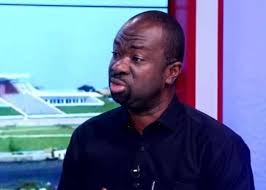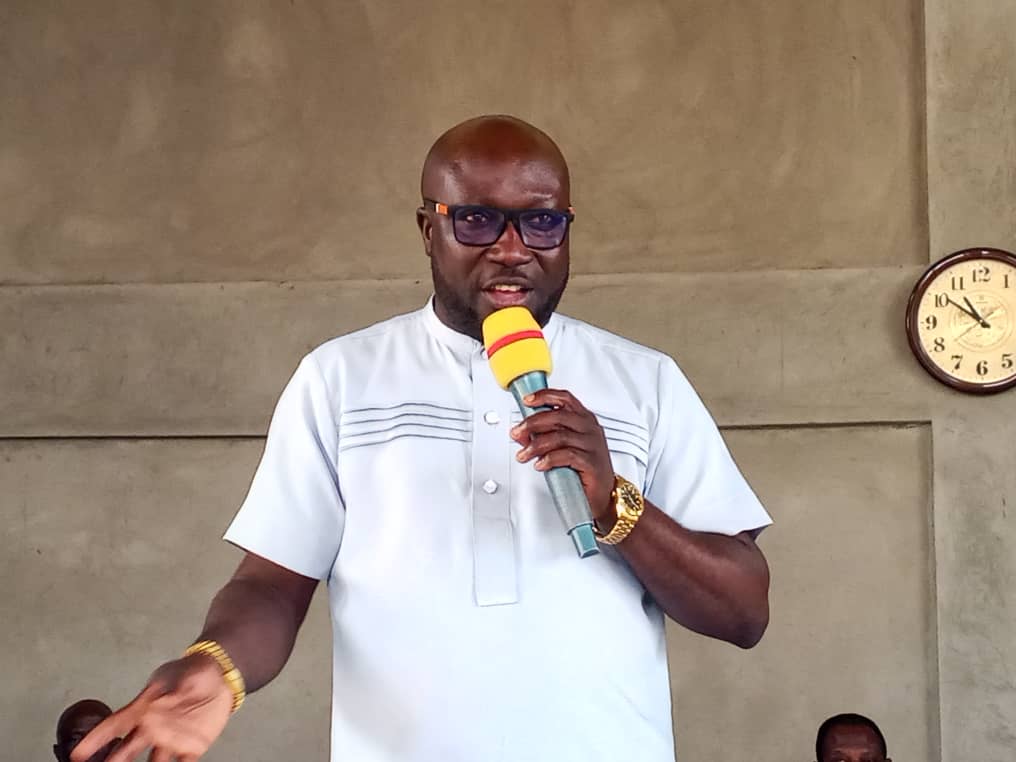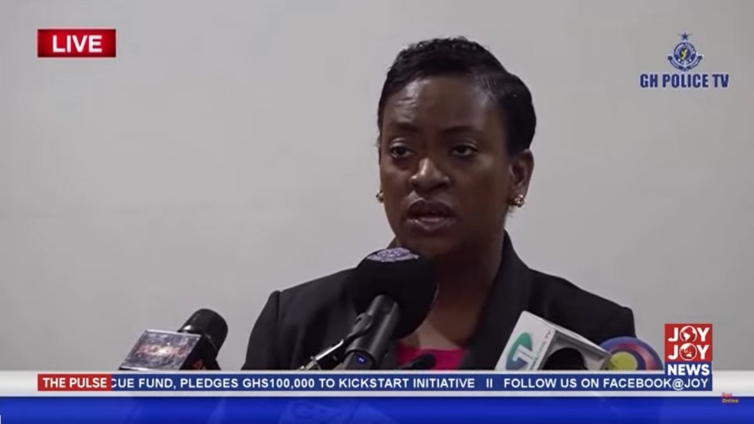The Forestry Commission has now been given the permission to prosecute perpetrators engage in illegal logging in the country.
The Attorney General’s Department, which issued the permit, is acting in line with government’s drive to halt illegal felling of trees.
Despite Ghana’s efforts to protect its forest resources and curb logging, the World Bank estimates that up to 60 percent of logging in Ghana has been illegal.
This poses a huge threat to the country’s economy as statistics from the Forestry Commission show that Ghana and other economies lose in excess of between $10 and $15 billion in revenue in illegal forestry practices.
The Deputy Minister of Lands & Natural Resources, Kojo Owusu Agyemang, in an interview with CITY & BUSINESS GUIDE noted that “previously, the Forestry Commission could not prosecute but now with the permission from the Attorney General’s Department it can take legal action against offenders.”
He said although the Commission had not prosecuted anyone it had put in place modalities that would facilitate the action.
“Prosecution requires legal knowledgeable people who would go fish for the facts and evidence. The forestry commission would be the chief witnesses in these cases, so they must do their work well by gathering the facts and evidence to aid prosecution,” the Deputy Minister emphasized.
In a similar move, the European Union (EU) would from March 2013 halt the importation of illegal timber into European countries.
This follows the introduction of the EU Timber Regulation (EUTR), which seeks to reduce the trade in illegal logging and prohibit the placing of illegal timber on the EU market.
Head of EU Delegation to Ghana, Claude Maerten disclosed this when he addressed representatives from West and Central African countries who attended a regional conference on illegal logging in Accra.
He noted that “much is being done within the EU, both by the relevant authorities and the private sector to ensure that each has made the necessary preparations to meet this deadline.”
In 2003, the EU adopted its Action Plan on Forest Law Enforcement, Governance and Trade (FLEGT) with the aim to halt illegal logging and promote better governance.
The main tool to implement the Action Plan is the negotiation and conclusion of Voluntary Partnership Agreements (VPA) between the EU and a Partner Country.
To date, in West and Central Africa, the EU has signed VPAs with five countries (Cameroun, Central African Republic, Ghana, Liberia, and Republic of Congo) and is negotiating with two countries (Democratic Republic of Congo and Gabon.
It has introduced the VPA in Cote d’Ivoire.
Source: GhanaWeb














